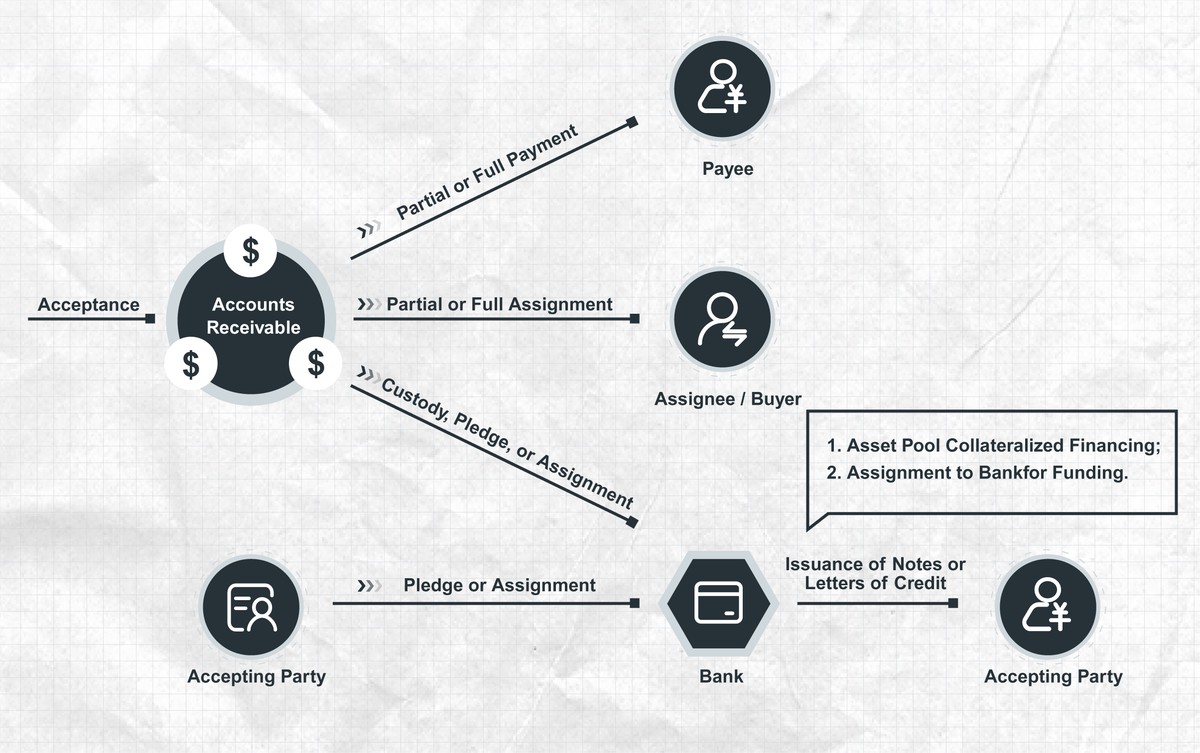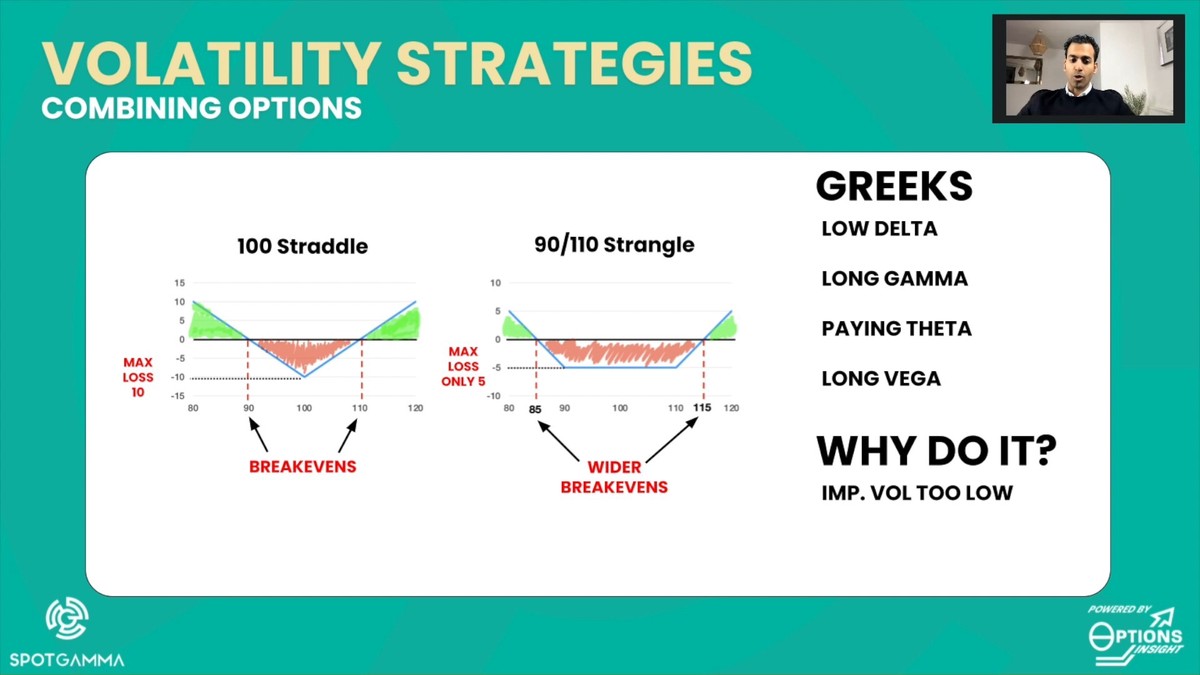=======================================
The Efficient Market Hypothesis (EMH) is a fundamental theory in finance that asserts that asset prices fully reflect all available information at any given time. This idea has far-reaching implications for traders, investors, and portfolio managers. In this article, we’ll explore how EMH can enhance trading strategies by improving decision-making, optimizing trading algorithms, and providing insight into market behavior. We will dive into various methods of applying EMH in trading, compare their advantages and disadvantages, and conclude with the most effective strategy.
Understanding the Efficient Market Hypothesis (EMH)
Before delving into how EMH can improve trading strategies, it’s crucial to have a clear understanding of what EMH entails. The hypothesis, first developed by Eugene Fama in the 1960s, posits that it is impossible to “beat the market” because stock prices already incorporate and reflect all relevant information.
Key Types of Market Efficiency
EMH is divided into three forms based on the level of information that is reflected in asset prices:
- Weak Form Efficiency: In this form, all past trading information is reflected in stock prices. Therefore, technical analysis based on historical price data is ineffective.
- Semi-Strong Form Efficiency: In addition to historical data, all publicly available information, including financial reports and news, is already reflected in stock prices.
- Strong Form Efficiency: This form asserts that all information, both public and private (insider information), is already priced into the stock.
Each form of EMH presents unique implications for trading strategies and investor behavior.

How Can EMH Improve Trading Strategies?
1. Optimizing Trading Algorithms Using EMH
One of the most direct ways in which EMH influences trading strategies is through the development of trading algorithms. Trading algorithms aim to execute trades based on predefined criteria, often involving large volumes and fast execution times. EMH suggests that:
- Price Movements are Unpredictable: Under EMH, price changes are entirely random and cannot be predicted using historical data alone. This insight can help refine algorithmic trading systems to avoid overfitting and to focus on strategies based on diversification and risk management.
- Incorporating Market Efficiency: If markets are efficient, there is no advantage in attempting to “time” the market. Thus, algorithms may focus on long-term investment strategies, automated portfolio balancing, and minimizing transaction costs rather than trying to outsmart the market.
Advantages of Using EMH in Trading Algorithms
- Reduced Risk of Overfitting: Algorithms based on EMH are less likely to overfit historical data, making them more adaptable to changing market conditions.
- Emphasis on Risk Management: By acknowledging market efficiency, traders can focus on minimizing risk through diversification and portfolio optimization rather than relying on short-term predictions.
Disadvantages
- Less Short-Term Profit Potential: Algorithms built around EMH might miss out on short-term trading opportunities that could lead to higher returns, as they assume prices reflect all relevant information.
2. EMH and Quantitative Trading Strategies
Quantitative trading involves using mathematical models to identify trading opportunities. The introduction of EMH into quantitative trading can be transformative by reshaping how traders approach financial markets.
Impact of EMH on Quantitative Trading Models
- Limitations on Predictive Models: Quantitative strategies based on EMH suggest that past price movements and public data offer no predictive power. This requires traders to adapt their models and focus on more robust strategies like risk parity or mean-variance optimization rather than pattern recognition.
- Focus on Market Neutrality: A key takeaway from EMH is that no asset consistently outperforms the market. This insight encourages market-neutral strategies that aim to reduce exposure to market movements altogether.
Advantages
- Diversification: With EMH, traders can employ strategies that focus on diversification and balanced portfolios, optimizing the risk-reward ratio rather than seeking alpha from market mispricing.
- Robust Risk Management: Quantitative strategies rooted in EMH promote risk-adjusted returns, ensuring a more resilient portfolio over time.
Disadvantages
- Potentially Lower Returns: Since the focus is on minimizing risk and not exploiting short-term inefficiencies, the returns might be more conservative than aggressive trading strategies.
- Inability to Capitalize on Inefficiencies: If inefficiencies exist in the market, an EMH-based strategy may overlook them, potentially missing out on profitable opportunities.
Comparing Strategies for Integrating EMH into Trading
In the context of applying EMH to trading strategies, two main approaches dominate the landscape: passive investing and quantitative risk management strategies. Let’s compare these two methods.
1. Passive Investing vs. Active Trading
- Passive Investing: This strategy follows the idea that markets are efficient and it is better to invest in broad market indices or ETFs, which replicate the overall market performance. This method aligns with the semi-strong form of EMH.
Advantages:
- Lower Costs: Since it requires fewer transactions and minimal market analysis, passive investing typically has lower costs.
- Consistent Returns: Long-term market returns tend to reflect overall economic growth, providing a stable, albeit moderate, return.
Disadvantages:
- Limited Upside Potential: Passive strategies do not attempt to outperform the market, meaning they miss opportunities to achieve higher returns during certain market cycles.
- Active Trading: Active traders attempt to outperform the market by capitalizing on perceived inefficiencies in stock prices. However, EMH implies that such inefficiencies are hard to find and that trying to beat the market may result in unnecessary risks.
Advantages:
- Higher Potential Returns: Active traders can capture short-term opportunities and attempt to outperform the market.
- Flexibility: Active strategies allow for more flexibility in adjusting positions in response to new information.
Disadvantages:
- Higher Costs: Frequent trading, research, and transaction fees can eat into profits.
- Risk of Underperformance: Despite the attempt to beat the market, most active managers fail to consistently outperform the indices.

Best Trading Strategy: EMH-Informed Risk Management
For traders who want to benefit from the insights of EMH while still achieving competitive returns, an EMH-informed risk management strategy may be the best approach. This method combines the strengths of both passive investing and quantitative strategies, focusing on:
- Diversification to reduce unsystematic risk.
- Risk-adjusted returns through portfolio balancing.
- Long-term horizon to allow for market efficiency to work in your favor.
By embracing market efficiency, traders can build robust portfolios that minimize risk and avoid the temptation of short-term speculation.

FAQ: Common Questions About EMH in Trading
1. How does EMH affect quantitative trading?
EMH suggests that quantitative traders should avoid relying on historical price data to predict future price movements. Instead, they should focus on constructing portfolios that emphasize diversification, volatility control, and risk management.
2. What role does EMH play in algorithmic trading?
In algorithmic trading, EMH informs the development of trading systems that focus on efficiency rather than attempting to predict price movements. Algorithms built with EMH principles prioritize minimizing transaction costs and managing risk over seeking short-term profits.
3. Why should traders understand EMH?
Traders should understand EMH because it shapes their expectations of market behavior. It helps traders avoid overconfidence in predicting market movements and encourages them to adopt strategies focused on long-term growth and risk minimization.
By integrating EMH principles into trading strategies, traders and investors can make more informed decisions, build diversified portfolios, and focus on long-term growth rather than short-term speculation. As the financial markets evolve, staying informed about market efficiency and adapting trading strategies accordingly will remain crucial for successful trading.

0 Comments
Leave a Comment